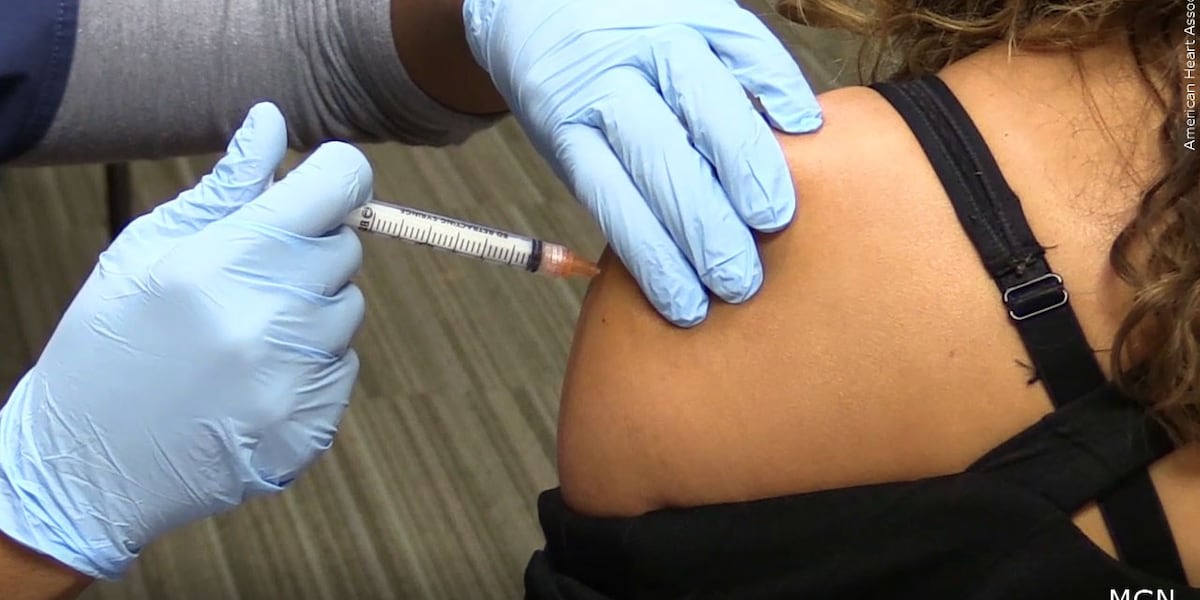Cash Handouts for Kids? New Study Sparks Debate – But Experts Warn Against Jumping to Conclusions

A recent study suggesting monthly cash payments don't significantly impact children's health has ignited a firestorm of debate. However, leading experts are strongly cautioning against interpreting the findings as a reason to cut back on vital support programs for families. This article delves into the nuances of the study, the concerns raised by experts, and why ongoing investment in children's well-being remains crucial for Australia's future.
The Study's Findings: A Closer Look
The 'Baby's First Years' study, which has been tracking the development of children receiving monthly cash payments, has released preliminary data. This data indicates that, so far, the payments haven't demonstrably improved children's health outcomes. While this might seem like a setback to proponents of universal basic income for families, experts argue that drawing definitive conclusions from these early results is premature and potentially harmful.
Why Experts Are Concerned About Misinterpretation
Two prominent experts in child development have voiced serious concerns about the study's findings being used to justify policy changes that could negatively impact children. Their argument centres around the fact that early childhood is a period of rapid development, and even subtle interventions can have long-term consequences. They argue that a lack of *immediately* visible impact doesn't negate the potential for future benefits or the importance of providing families with financial stability during these crucial years.
“The lack of findings thus far should not be used to justify actions that will further hurt children's developmental health,” one expert stated. This sentiment is echoed by many who believe that financial stress is a significant barrier to healthy child development, affecting everything from access to nutritious food and quality education to parental mental health and engagement.
Beyond Immediate Health Outcomes: The Broader Picture
The experts point out that the study is likely focusing on relatively narrow measures of health. They emphasize that the benefits of providing families with financial support can extend far beyond immediate physical health indicators. For example, reduced stress levels in parents can lead to more nurturing and responsive parenting, which is vital for a child's emotional and cognitive development.
Furthermore, cash assistance can empower families to invest in their children's future in ways that might not be immediately measurable. This could include enrolling children in early learning programs, purchasing educational resources, or simply having the peace of mind to focus on their child’s needs without the constant worry of financial hardship.
The Importance of Continued Investment
Australia has a long history of investing in the well-being of its children, recognizing that this is an investment in the nation's future. While the 'Baby's First Years' study provides valuable data, it shouldn’t be used as an excuse to dismantle or weaken programs that support families. Instead, it should be seen as an opportunity to refine our approaches and ensure that we are providing the most effective and targeted support possible.
Cutting back on these vital programs would be a shortsighted decision, potentially leading to long-term consequences for children and society as a whole. It’s crucial to remember that supporting families is not just a matter of charity; it's a fundamental investment in Australia's future prosperity and well-being.
Moving Forward: A Call for Caution and Continued Support
The debate surrounding the 'Baby's First Years' study highlights the complexity of evaluating social programs. While rigorous research is essential, it’s equally important to consider the broader context and the potential unintended consequences of policy decisions. Experts are urging policymakers to proceed with caution and to prioritize the well-being of children, even in the face of seemingly inconclusive data. The future of Australia depends on it.






